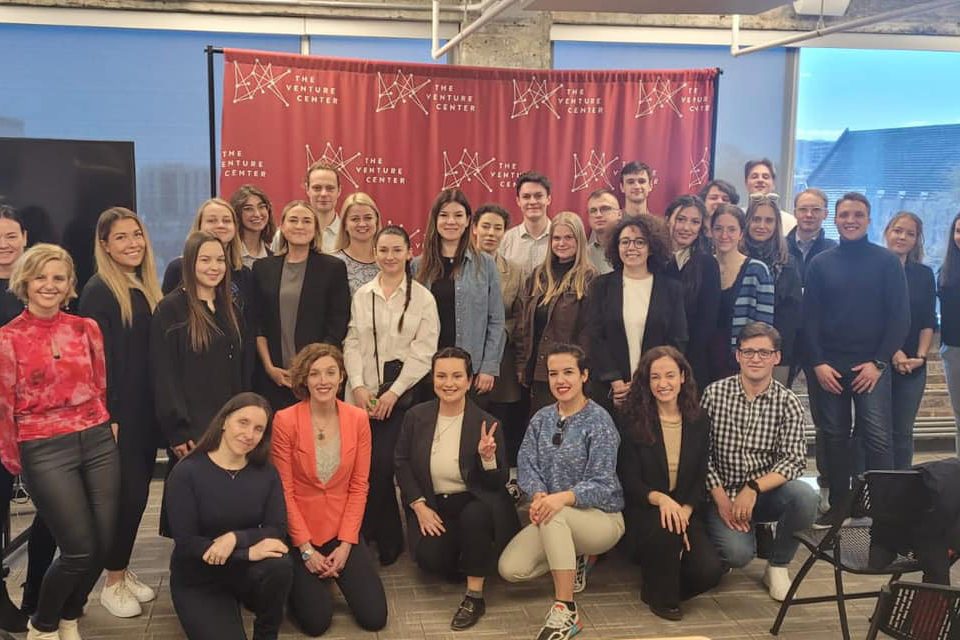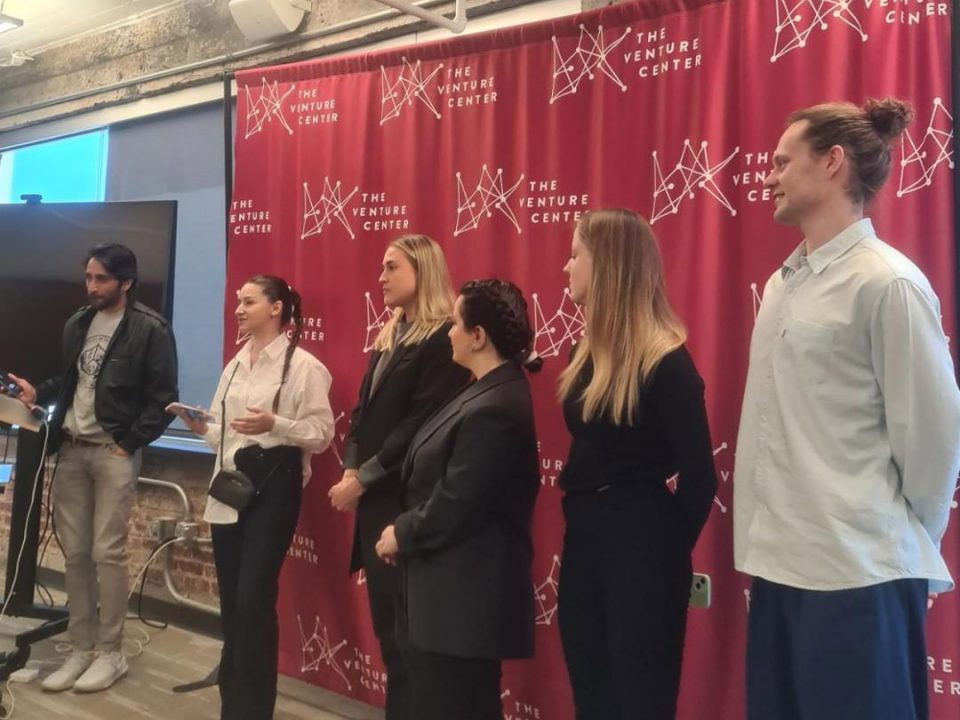Nudged by the Sustainable Global Enterprise during my Spring semester, I decided to spend my Summer working on Project Finance and Development for a Solar development company in the U.S. I learned a lot about the solar energy space, financing options, and how different government incentives and creative market solutions can actually make large-scale solar PV projects coupled with battery storage possible.

During this academic year, I decided to continue on the renewable energy theme, and I have incorporated it in my work for the Center for Sustainable Global Enterprise as an intern; in my thesis, as well as in the multiple classes surrounding sustainability that I have been taking. ESG is a highly important theme, especially in the “E” part, considering the urgency to act upon the threat of climate change. Despite its mixed messages, CoP 26 is the best reflection of how even some of the big players like the U.S. and China can manage to sign agreements. Climate change represents local specific challenges, but they require global solutions.
Cornell University has so many resources as it pertains to ESG. My current focus, inspired by my work has been in the area of energy. This is why I joined the Energy Club at Cornell, which gave me the chance to discuss with some of the best names in the space from renewable energy developers, public institutions, and energy consulting and financial institutions. Moreover, as part of the club, I also got the chance to put together a panel on The Future of the Grid – On the Path to Decarbonization, as part of the annual premium Cornell Energy Connection event. This panel featuring the former head of New York State Energy Research and Development (NYSERDA), as well as leaders of renewable energy and energy storage companies, will be live on December 3rd, so all are invited to join in.

As I mentioned before, ESG is a global theme, where emerging markets play a large role. This is one of the major reasons, why this year’s Cornell Emerging Market Institute conference was centered on the ESG theme. I had the chance to participate in it and meet world leaders of institutions such as the IFC, Corning International, Google, Ogilvy, The Wall Street Journal, The New Development Bank, etc.
I feel so grateful to AADF and the Biberaj Foundation for giving me the opportunity to be exposed and conversate with these important figures, as part of a university that truly puts an emphasis on sustainability. As a matter of fact, it was such a nice surprise to hear that Ithaca is the first city in the US to express the ambitious goal to be fully decarbonized by 2030.
©️ Ina Gjika, MIP fellow, M.S. in Applied Economics & Management at Cornell University, Ithaca, New York.




